4 Elements of Vannamei Shrimp Farm Management That Must Be Considered
Various benefits can also be obtained if we apply good farm management. Starting from feed efficiency, preventing shrimp from disease attacks, and maintaining environmental sustainability, so that the productivity of the resulting pond can be maximized.
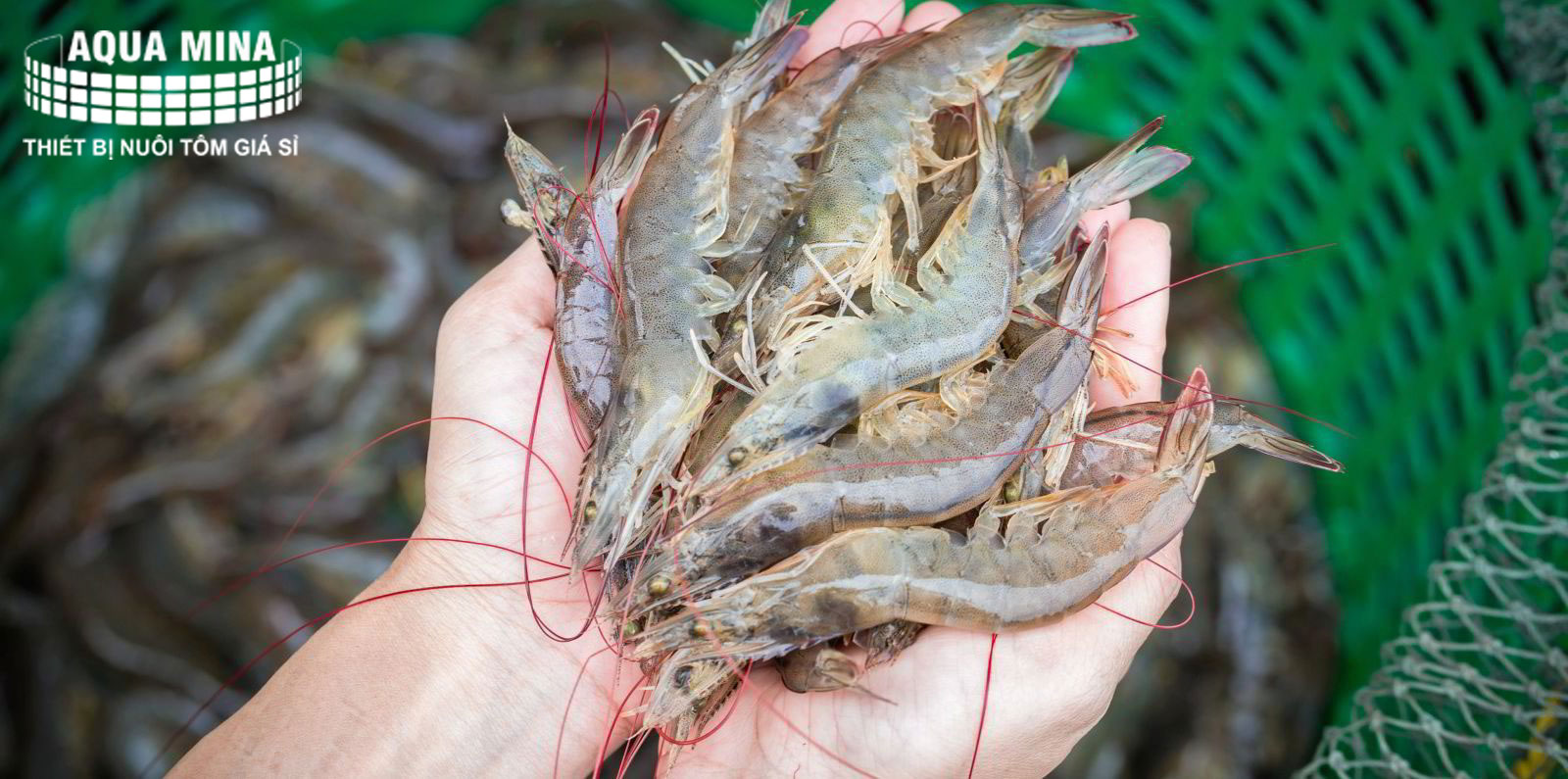
1. Water Quality Management
Water is the main component in aquaculture, so every aquaculture activity must have good water quality management as well. Then, how to have it? Well, the first thing that we have to do is monitor water quality. This could inform you if there is a change in water quality parameters during cultivation.
Water quality measurements are carried out physically, chemically, and biologically. Physical measurements can be carried out directly in each shrimp pond with parameters pH, temperature, DO, and water salinity.
Meanwhile, chemical and biological parameters can be carried out in the laboratory with parameters such as alkalinity, an abundance of plankton species, total bacteria, total vibrio, nitrite, nitrate, ammonia, phosphate, TOM, and total suspended solids.
In addition, the basic management of shrimp ponds must also be considered for the sustainability of aquaculture. The basic management of this pond includes the layout of the waterwheel, the activity of removing sludge, and the treatment of decomposing bacteria.
2. Vannamei Shrimp Feed Management
Vannamei shrimp feed management is another element that must be considered in shrimp farm management. The goal is to maximize feed use to support success and efficiency in shrimp cultivation.
Feed management is important in terms of the efficiency of capital spending during cultivation. This is because almost 60% of the capital is spent on feeding vannamei shrimp.
Several steps in feed management can be done through blind feeding, feeding after the first month, and using anco control.
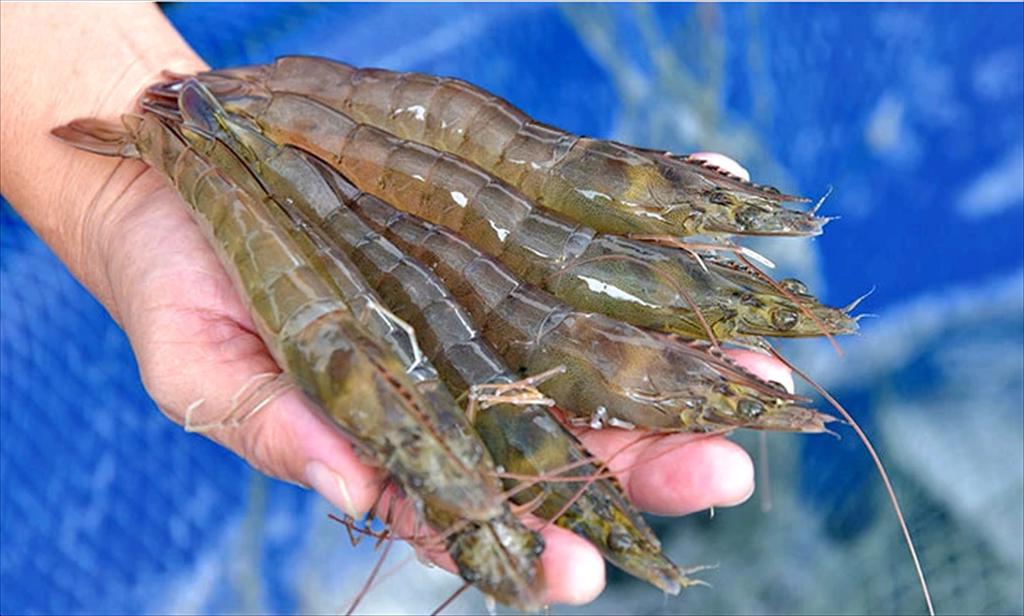
3. Shrimp Health Management
Vannamei shrimp health management is carried out to observe any changes in the shrimp. These changes are usually signs of health problems and certain diseases that attack the shrimp.
Observations can be made first by looking at the characteristics of healthy shrimp, such as having active movements, complete and intact limbs, red and bright gills, full and unbroken gut contents, proportional body shape, bright skin color and clean, tail intact, and normal length growth.
If some anomalies or discrepancies appear during a health observation, be sure to immediately investigate and mitigate the disease.
4. Aquaculture Waste Management
As we know, aquaculture, including vannamei shrimp, produces organic waste that can pollute the surrounding waters. Therefore farmers need to have aquaculture waste management.
Farm waste is mostly in the form of easily degraded organic waste. These wastes come from feed residues, fermented materials, shrimp manure, and other organisms in the pond.
The management of vannamei shrimp culture waste can be carried out by being disposed of or cleaned through a siphon channel, decomposed with probiotics, or oxidized with oxygen.
Cre: elosaqua.com
Contact AQUA MINA for consultation and supply of aquaculture round tanks and aquaculture equipment for high-tech shrimp farming.
- Address: 685 National Highway 1A, Binh Hung Hoa Ward, Binh Tan District, Ho Chi Minh City
- Phone: 1800 6071 (Toll-free hotline)
- Email: sales@aquamina.com.vn or oversea@aquamina.com.vn
Aqua Mina's distributor in Japan: REX INDUSTRIES CO., LTD
- Address: 1-9-3 Hishiya-Higashi, Higashi-Osaka 578-0948 JAPAN
- Email: kimakubo@rexind.co.jp
- Phone: +81-(0)72-961-9893
- Website: http://www.rexind.co.jp/e/
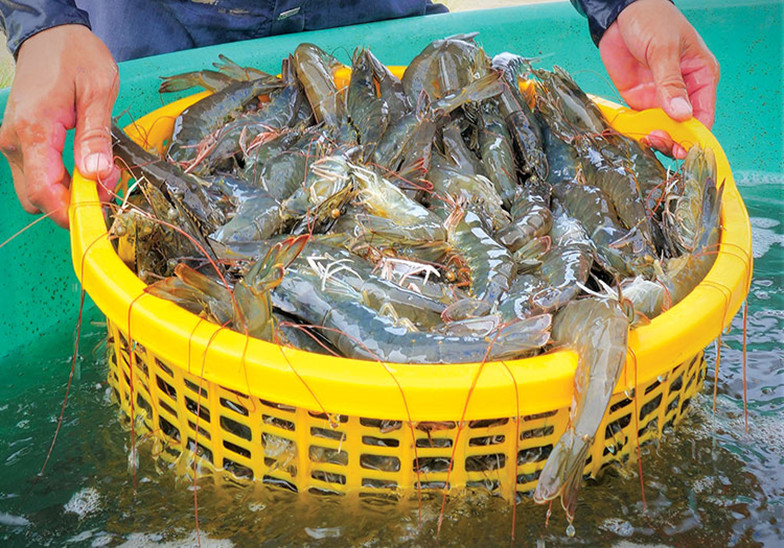
WE WORK FOR YOUR SUCCESS!
Ngày đăng : 11/02/2025
2552 View
Other Articles
Indian shrimp pivot to the EU, increasing competitive pressure on Vietnam
Indoor shrimp farming in Europe: Investment challenges and the race to find a viable model
Shrimp production surged in the first month of the year, with exports benefiting from strong demand during the Lunar New Year holiday
Quang Ninh Accelerates Digital Transformation in Shrimp Farming, Rising to Lead Northern Vietnam
Lucky money is not just about cash — it’s Aqua Mina’s wish for a worry-free farming season for our valued customers
Việt Nam's top 10 seafood exporters command nearly one-fifth of industry revenue
Ca Mau Maintains Its Shrimp Brand in International Competition
VIETSHRIMP ASIA 2026 & AQUACULTURE VIETNAM 2026 – A TURNING POINT FOR THE MODERN SHRIMP FARMING INDUSTRY
Ecuador's shrimp industry educational program SustainED kicked off its 2026
An Giang will start raising brackish water shrimp as early as the beginning of 2026
Aqua Mina conducts the on-site installation of two aquaculture air blowers | Ceramic Ball Bearing – 15 kW – 25 kPa for a customer in Quang Ninh
Towards Building Brand Value for the Shrimp Industry








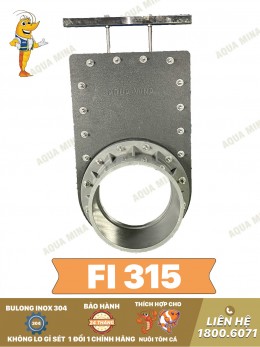
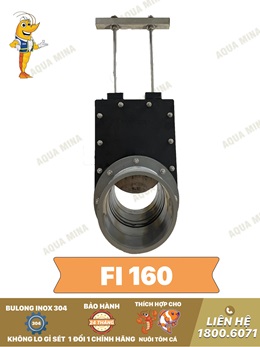
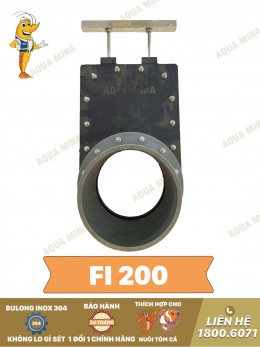
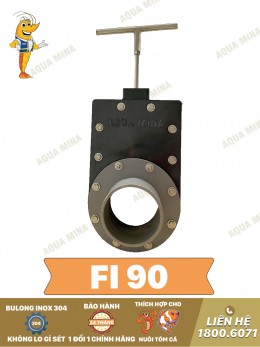
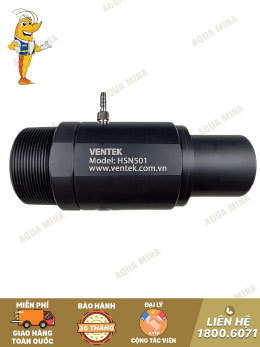
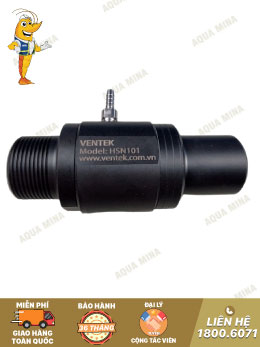
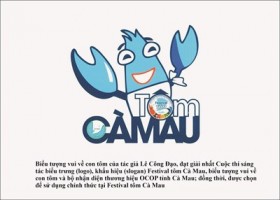
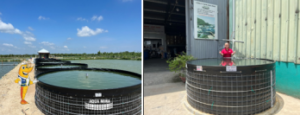
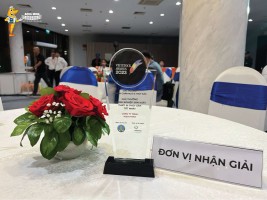
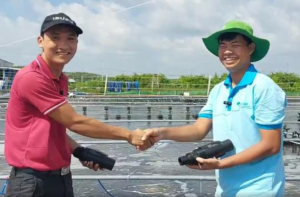
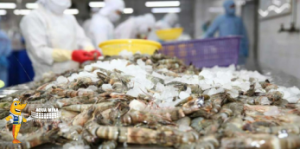
.jpg)